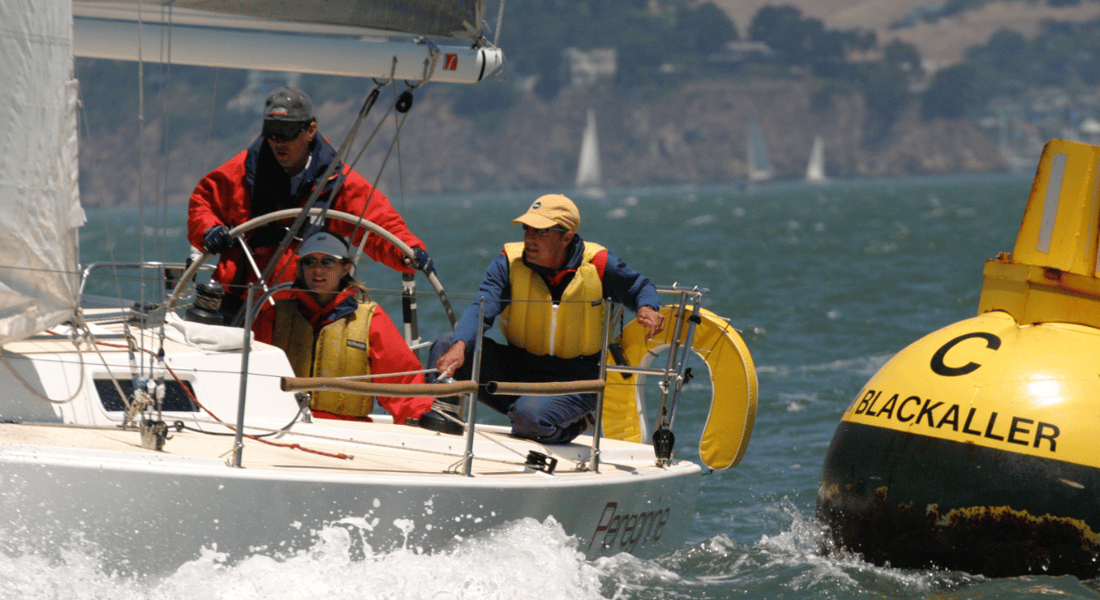
When planning an offsite for your team or a group of executives, isn’t it important that people feel safe, secure, nurtured and happy? Shouldn’t you look for environments that are non-threatening and do not create anxiety?
When considering a range of different offsites or experiential programming options, it can be tempting to gravitate towards something familiar and easy. However, before making a decision, it’s vital to first consider your goals.
If you want to help people learn new skills and develop an empowering mindset, neuroscience dictates that something familiar is not the best option — comfort does not lead to competency.
Scientists have proven that our brains are best able to form new neural pathways in times of heightened uncertainty, even anxiety.
The spectrum of learning experiences is divided into three zones:
- COMFORT ZONE: A safe, familiar space. Learning and growth rarely occurs in this zone.
- LEARNING ZONE: A challenging, experimental space. Not being totally comfortable allows you to more consciously engage, thereby encouraging learning.
- TERROR ZONE: Spending time in the terror zone leads to burnout. Your brain is expending too much energy trying to survive or find a way out of the terror zone and cannot process new information.
After years of designing experiential training, GEL understands how to create a level of uncertainty that brings people beyond their comfort zones but nowhere near the terror zone. Our programs challenge participants to adopt a growth mindset and to recognize and encourage the insights that accompany activities in the learning zone.
All GEL experiences are created with a mantra of safety, fun, and learning. Ensuring participants are safe and enjoying their experience while also challenging themselves creates an ideal learning environment and proven opportunities for growth.
At GEL, we love to see teams embrace stepping into the unknown and finding joy and excitement in being uncomfortable. Participants in leadership development offsites have a blast overcoming iterative challenges and celebrating their accomplishments.
For your team’s next offsite, consider something a little different. Forgo the comfortable, easy option in favor of one that will challenge your team while creating fun and memorable experiences — backed by neuroscience and echoed by teams across the country.
